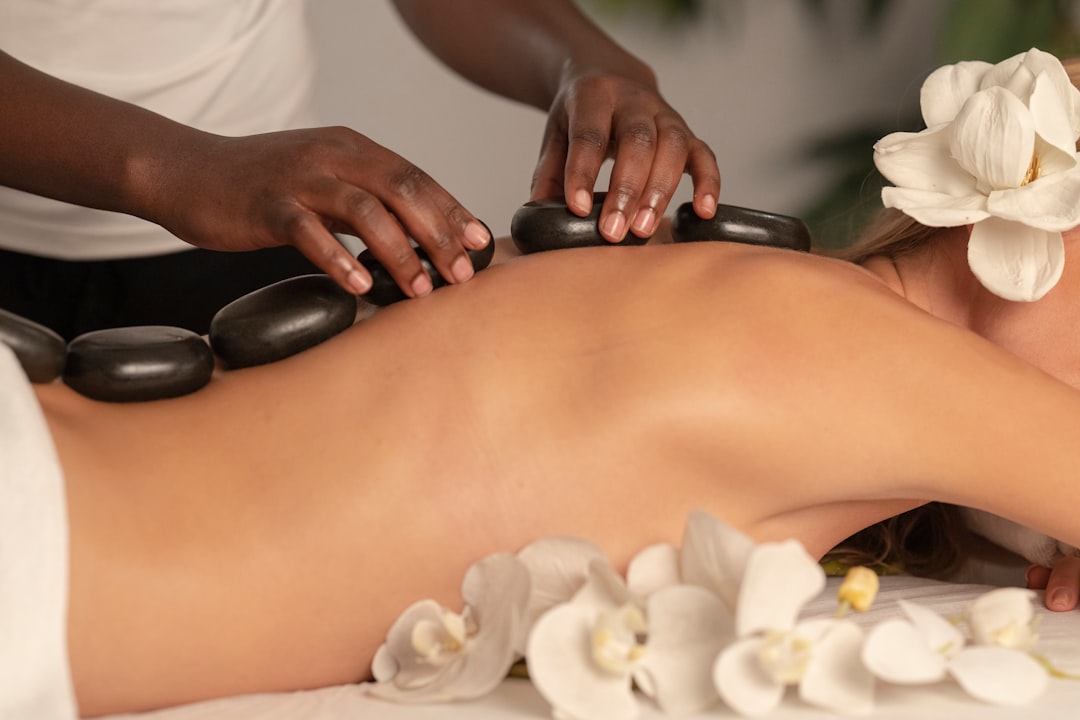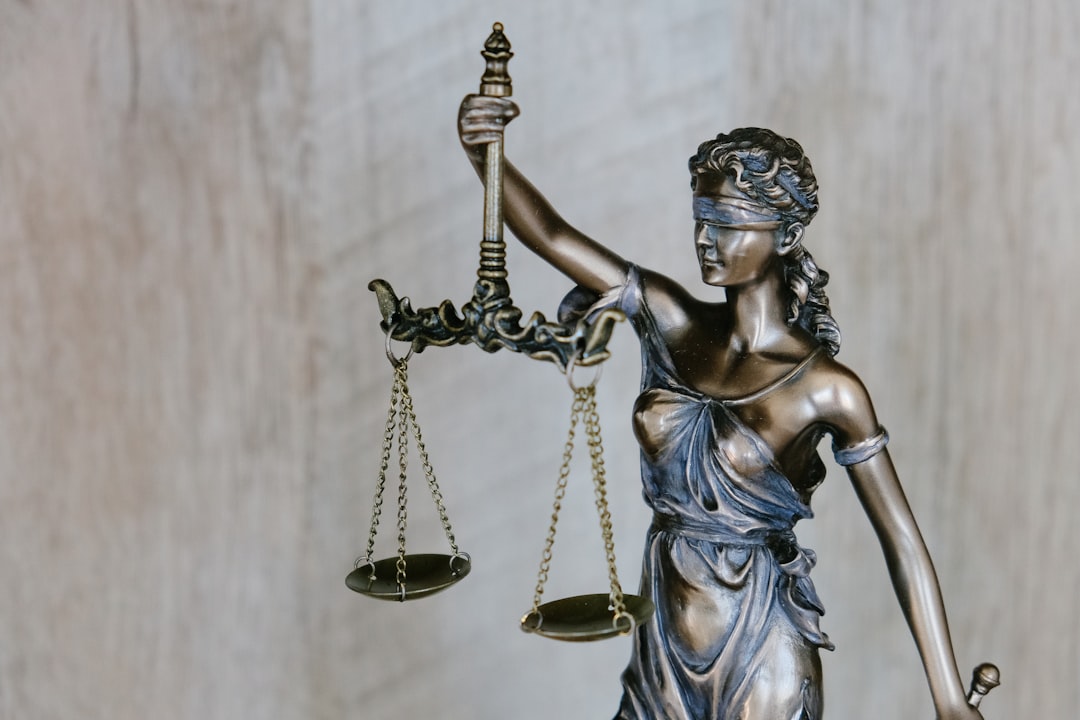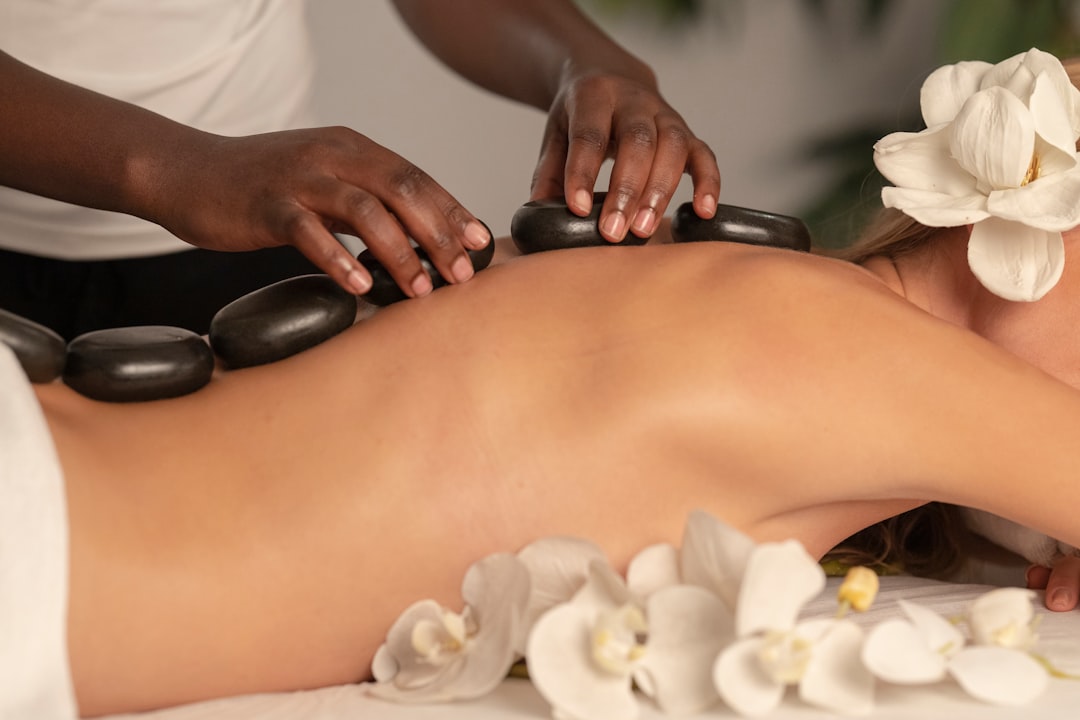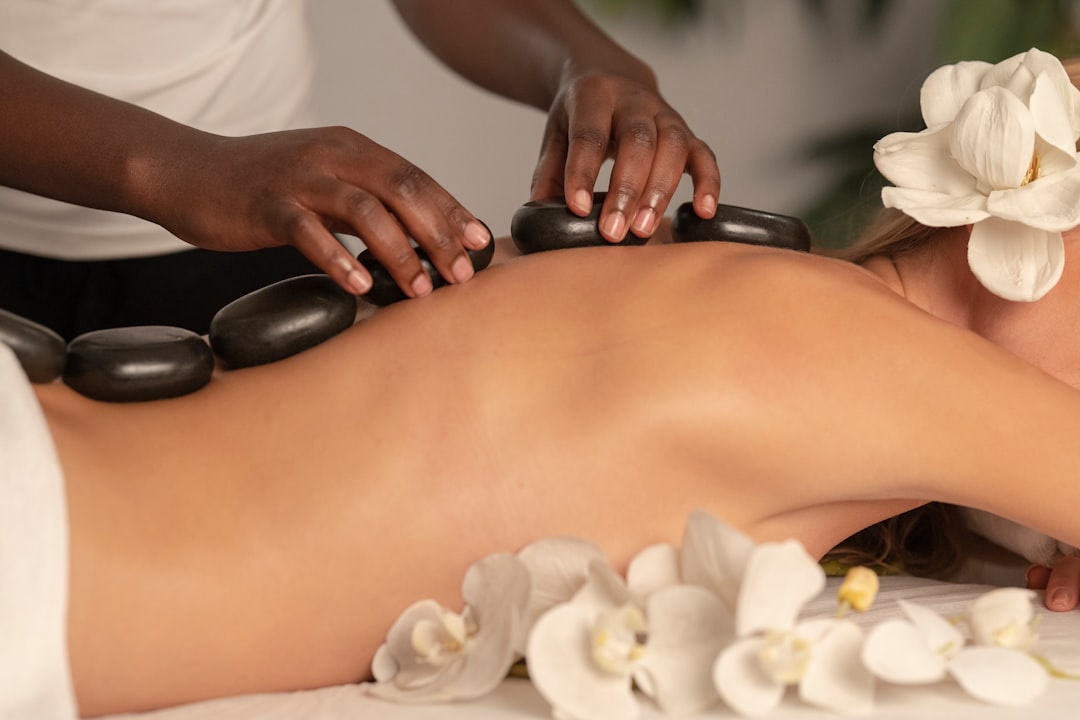Mental health awareness emphasizes the mind-body connection, linking emotional well-being with physical health. In Rhode Island, especially in Cranston, massage therapy offers holistic stress and anxiety management through qualified practitioners. However, it's crucial to recognize red flags of massage abuse, such as excessive contact or inappropriate behavior, and consult local massage abuse attorneys for guidance. Clients have legal rights protected by state laws, and documenting incidents is key if harm occurs. Local support networks integrate mental and physical therapy, offering counseling services and community initiatives for holistic healing. Rhode Island residents affected by massage abuse or misconduct can seek justice and compensation with the help of experienced massage abuse attorneys.
In Cranston, RI, understanding the intricate link between mental health and physical therapy is a game-changer. This article delves into ‘Mental Health Awareness’ and its synergy with physical treatment methods, focusing on massage therapy as a stress and anxiety management tool. We explore signs of potential massage abuse, empowering clients to recognize their rights under Rhode Island law. Accessing support resources for navigating mental health challenges alongside therapy is also highlighted, offering valuable insights for clients seeking holistic wellness solutions.
Mental Health Awareness: Unveiling the Connection to Physical Therapy

Mental health awareness is a growing priority, and understanding its intricate link with physical therapy can significantly benefit clients in Cranston, RI, and beyond. The mind-body connection is a powerful concept that recognizes the profound impact of emotional well-being on physical health. In many cases, chronic physical pain is not just a muscle or joint issue but a symptom of underlying mental health struggles, such as anxiety, depression, or trauma.
This relationship is especially relevant when considering instances of massage abuse, where clients may seek relief through physical therapy only to encounter unethical practices. Protecting one’s mental and physical well-being is paramount, and being aware of the mind-body connection can empower individuals to make informed decisions about their care. Rhode Island residents should be vigilant, especially when seeking services like massage therapy, ensuring they are working with reputable professionals who prioritize both physical and mental health aspects of treatment.
The Role of Massage Therapy in Managing Stress and Anxiety

Massage therapy has emerged as a valuable tool in managing stress and anxiety, offering clients from Cranston, RI, a holistic approach to mental well-being. Beyond its ability to relax muscles and improve circulation, massage therapy stimulates the release of endorphins, often referred to as “feel-good” hormones, which can significantly reduce stress levels and promote a sense of calm. This non-invasive technique is particularly beneficial for individuals dealing with chronic anxiety or those seeking alternative ways to manage stress.
For clients considering massage therapy, it’s essential to choose qualified practitioners, especially when navigating sensitive mental health issues. In Rhode Island, there are reputable massage abuse attorneys available to ensure ethical practices and client safety. By prioritizing trained professionals, individuals can maximize the therapeutic benefits of massage while minimizing potential risks, fostering a positive relationship between mental health support and physical therapy.
Recognizing the Signs: Identifying Possible Massage Abuse

Recognizing potential signs of massage abuse is crucial for clients in Cranston, RI, and beyond. While therapeutic massage is a beneficial practice, it’s essential to be aware of any red flags that may indicate mistreatment or even sexual assault during a session. Some indicators include unusual or excessive physical contact, inappropriate behavior from the therapist, or discomfort and pain not typically associated with standard massage techniques.
If clients experience any form of unease, they should trust their instincts and consider consulting massage abuse attorneys in Rhode Island for guidance and legal support. It’s important to remember that consent is key; any non-consensual act during a massage session qualifies as abuse and warrants immediate attention from the appropriate authorities.
Legal Aspects: Understanding Your Rights as a Client in Rhode Island

In Rhode Island, clients engaging in physical therapy have specific legal rights protected by state laws and regulations. It’s crucial to be aware of these rights, especially when it comes to your safety and well-being during treatment. Understanding your legal protections can help you navigate any issues that may arise, including instances of massage abuse or inappropriate conduct from therapists.
The state has established guidelines for professional conduct in physical therapy practices, ensuring clients receive quality care. If you experience any form of harm, neglect, or abuse during therapy sessions, it’s advised to document these incidents and consult with experienced massage abuse attorneys in Rhode Island. They can guide you through the legal process, helping you seek justice and compensation if necessary.
Finding Support: Resources for Clients Navigating Mental Health and Therapy
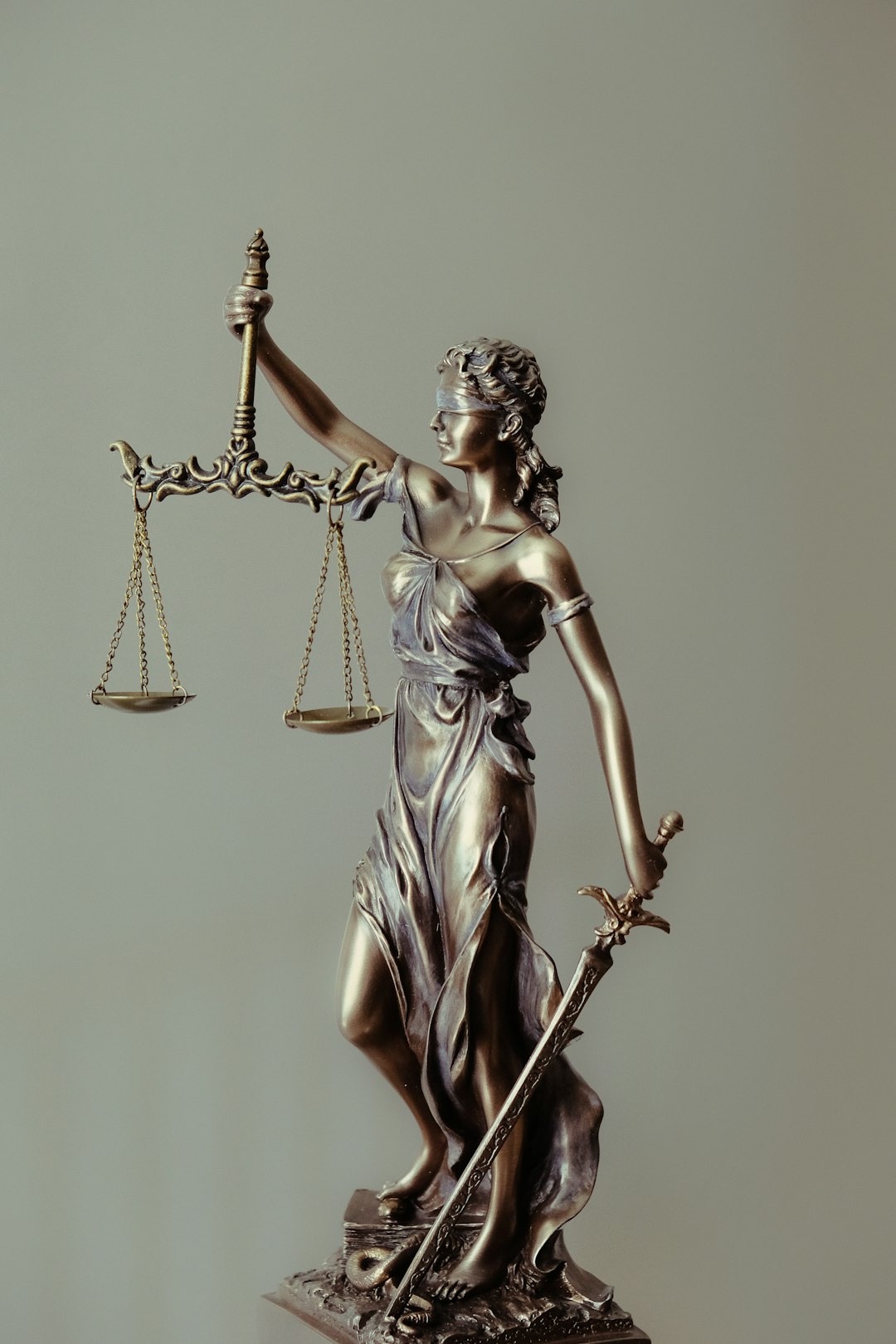
Navigating mental health and therapy can be challenging, especially for those dealing with physical injuries or disabilities. Luckily, Cranston, RI offers a range of resources to support clients in their journey. Many local organizations provide counseling services tailored to address both mental and physical well-being, ensuring a holistic approach to healing. These professionals understand the intricate connection between mind and body, offering strategies to manage stress, anxiety, and depression alongside physical therapy techniques.
For those who have experienced massage abuse or other forms of therapy misconduct, there are legal avenues available in Rhode Island. Clients can reach out to experienced attorneys specializing in medical malpractice and personal injury to seek justice and accountability. This support system extends beyond legal assistance, as local support groups and community initiatives foster a sense of belonging and encouragement for individuals navigating complex mental health challenges while recovering from physical injuries.

